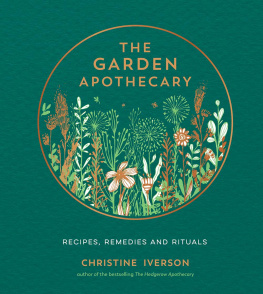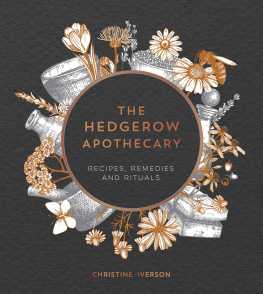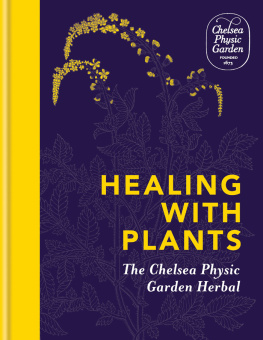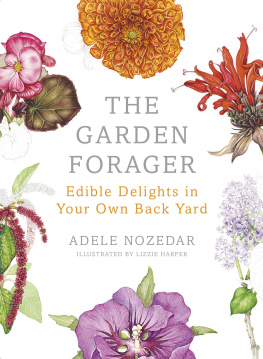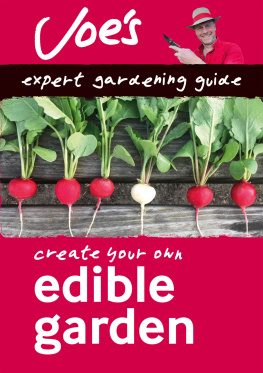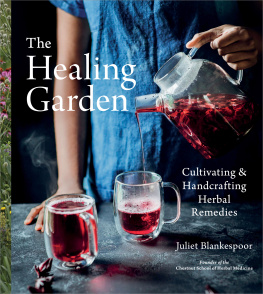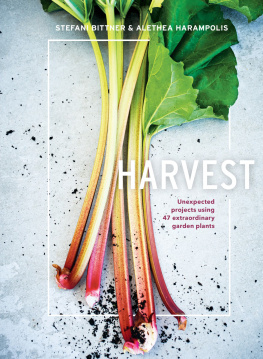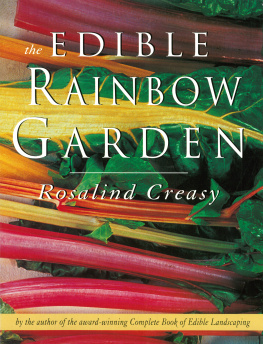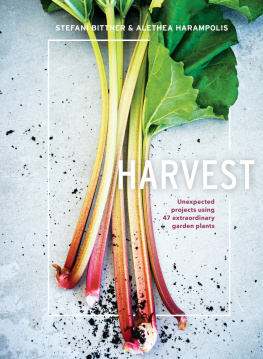THE GARDEN APOTHECARY
Copyright Christine Iverson, 2021
All rights reserved.
No part of this book may be reproduced by any means, nor transmitted, nor translated into a machine language, without the written permission of the publishers.
Christine Iverson has asserted her right to be identified as the author of this work in accordance with sections 77 and 78 of the Copyright, Designs and Patents Act 1988.
Condition of Sale
This book is sold subject to the condition that it shall not, by way of trade or otherwise, be lent, resold, hired out or otherwise circulated in any form of binding or cover other than that in which it is published and without a similar condition including this condition being imposed on the subsequent purchaser.
An Hachette UK Company
www.hachette.co.uk
Summersdale Publishers Ltd
Part of Octopus Publishing Group Limited
Carmelite House
50 Victoria Embankment
LONDON
EC4Y 0DZ
UK
www.summersdale.com
eISBN: 978-1-80007-286-2
Substantial discounts on bulk quantities of Summersdale books are available to corporations, professional associations and other organizations. For details contact general enquiries: telephone: +44 (0) 1243 771107 or email: .
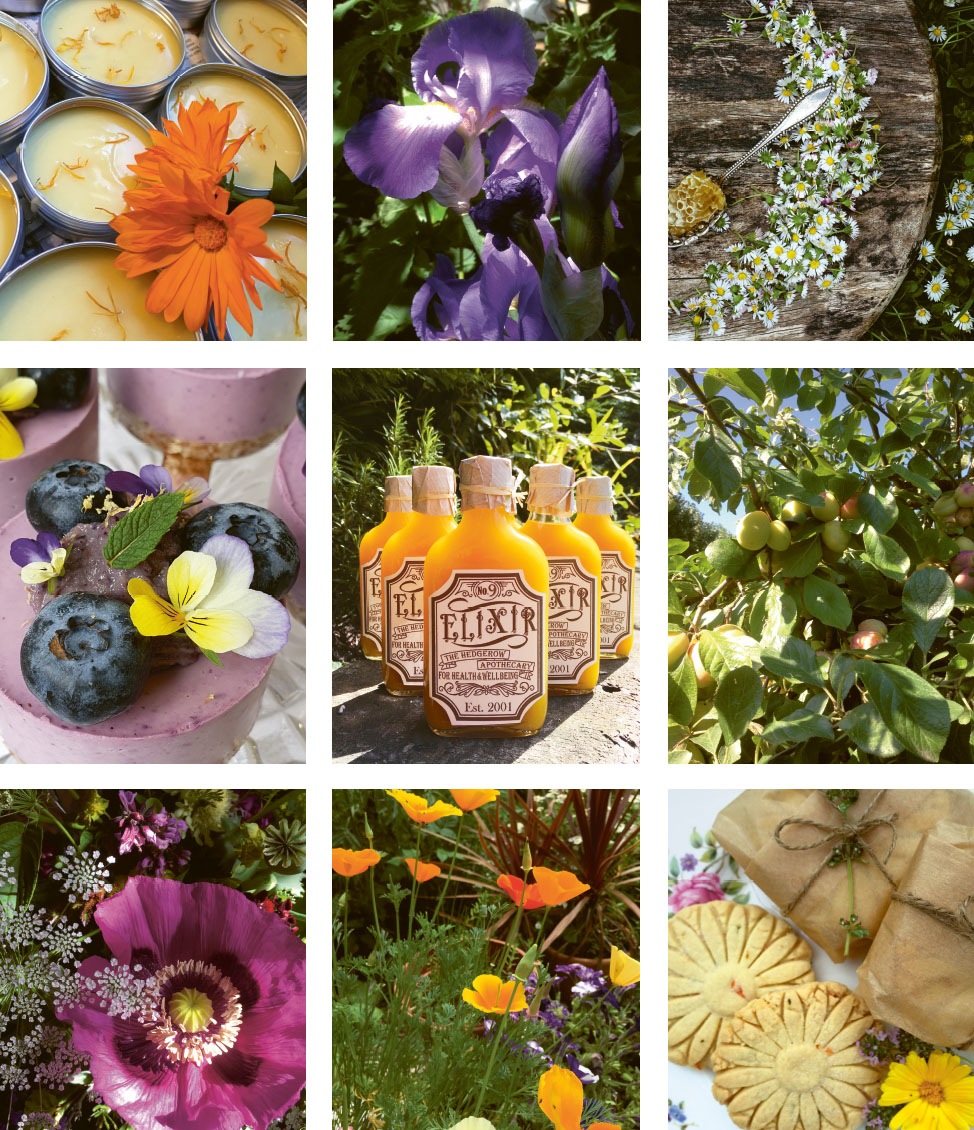
INTRODUCTION
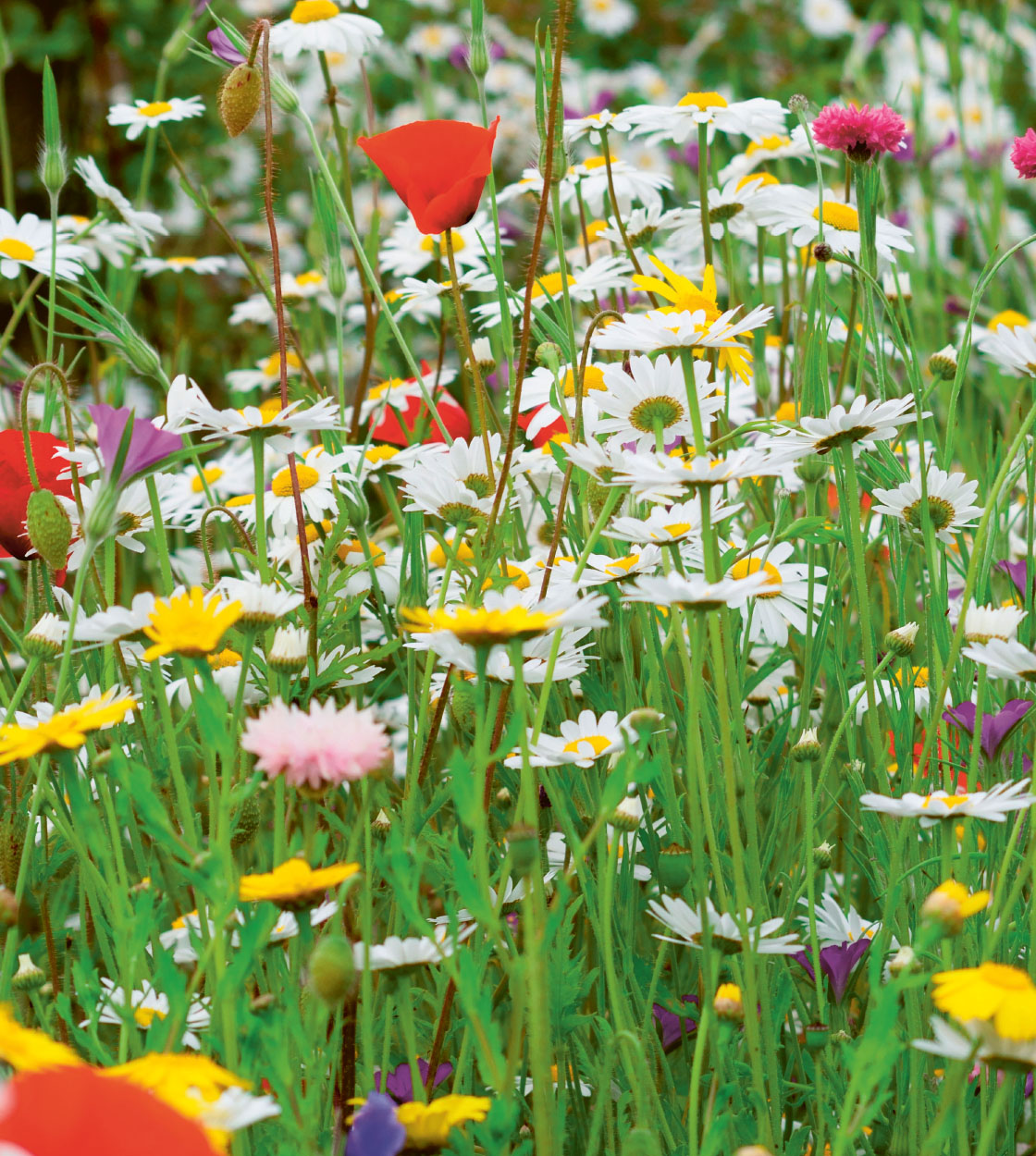
English cottage gardens have a rich and varied history dating back to medieval times when growing food and medicine was a priority for families in post-plague-ridden Britain. A typical family would have used their plot to plant and harvest essential vegetables, herbs and fruit, as well as tend poultry, a small amount of livestock and a beehive. If any flowers were grown, it was because they had a culinary or medicinal purpose. Herbs were dried for use during the winter months or powdered and added to fats and oils to create medicinal salves and ointments. Herbal sachets were carried to sweeten the air, stave off illness and repel witches and demons. Plant knowledge was passed down by word of mouth from generation to generation very little was written down in the Middle Ages as people were, on the whole, uneducated and illiterate.
It wasnt until the nineteenth century, when food production had become fully commercialized, that cottage gardens underwent a period of reinvention. The Victorians used their gardens to show off their wealth by planting an abundance of blousy flowers to impress their friends. Nowadays, cottage gardens are as desirable as ever, and still include many references to the early medieval and Victorian influences.
Most of the ingredients used in this book are found growing in my own modest cottage garden. I am by no means an accomplished gardener and lean towards the natural look to benefit local wildlife. I enjoy swapping plants and seeds with friends and family to save money and I always keep my eyes open for sales at local gardening clubs where friendly advice on growing is always available.
If you have little or no outdoor space, there are many types of plant that thrive in pots; herbs are easy to grow and attract pollinators as well as having many culinary and medicinal uses. Seek out your local farm shop or social enterprise; a lot of them grow without the use of pesticides. Local allotment-holders often sell their produce at much reduced prices and neighbours may well grow something that you could barter for sourcing ingredients doesnt have to cost the earth.
This book is not intended to provide medical advice. It is vital that you take personal responsibility for safety when using herbal remedies. Many plants should not be used during pregnancy, on babies and small children or on people with specific medical problems. Always carry out a patch test before putting things on skin and hair in case of allergic reactions.
Consult your GP if you have any doubts.
NOTE FROM THE AUTHOR
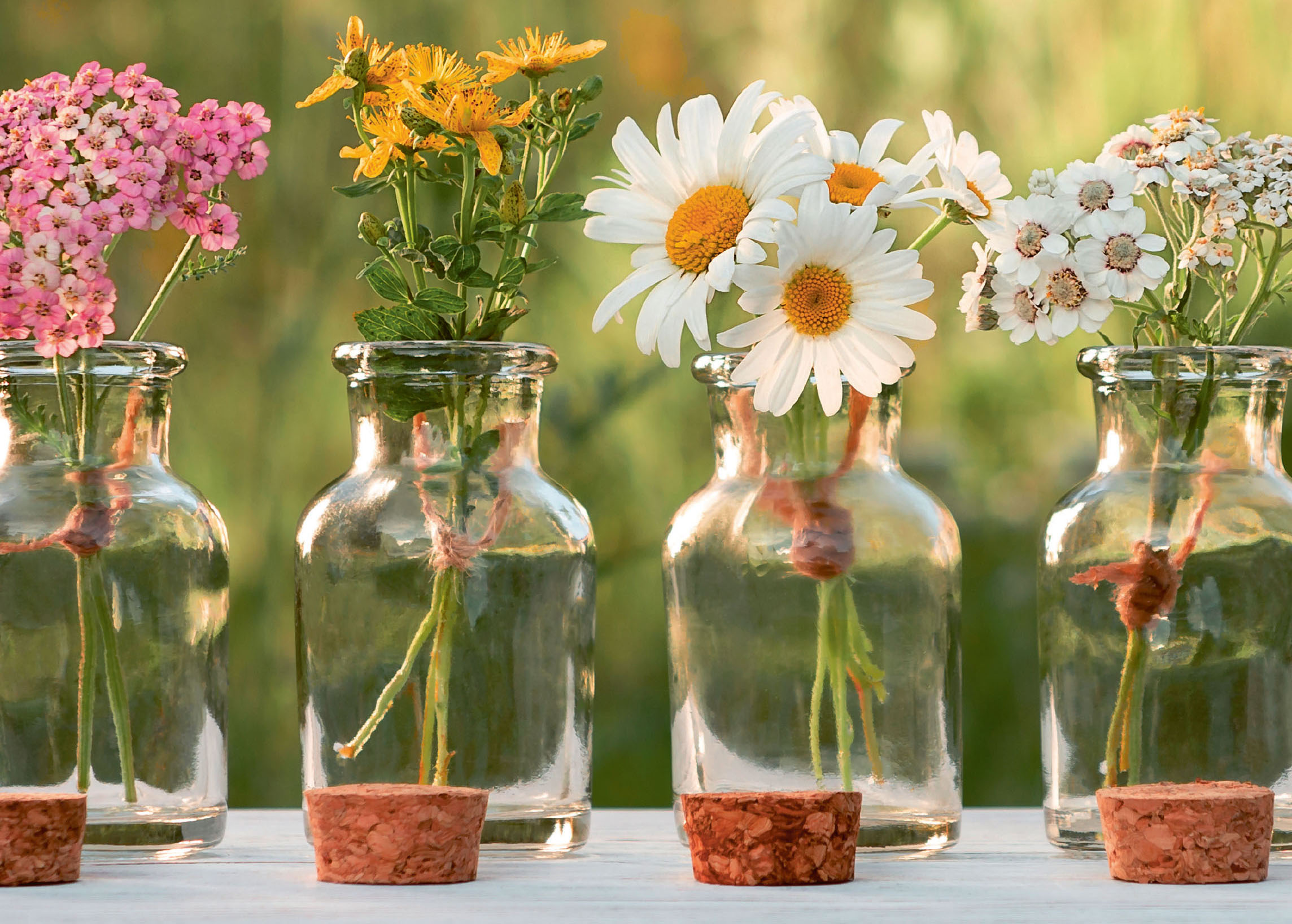
In 2020 our world changed significantly; access to open countryside was restricted, hedgerows and fields were off limits and we were locked down in our own homes for many months. Like a lot of people I found that gardening was hugely beneficial for my well-being, especially after some tricky and stressful times at work. This time certainly made me appreciate my little green patch.
With two nieces in the nursing profession I wanted to make them something natural to calm their poor skin. Constant hand washing was taking its toll and they were really suffering with dry and inflamed hands, which no amount of chemical-laden hand cream would soothe. Unable to venture out into the hedgerows I wandered into my own back garden for inspiration and discovered calendula. Healing Hand Balm (see page 54) was born!
Creating your own simple remedies neednt be daunting; its just like following a cake recipe but with less familiar ingredients. Start with something simple and youll soon find the confidence to be a little more daring but be warned: its very addictive!
THE GREAT HERBALISTS
I have used many references from the writings of one of the most famous English apothecaries (chemists) Nicholas Culpeper. He upset his medical colleagues by writing The English Physician in English instead of the preferred Latin. Culpeper wanted his teachings of medical and pharmaceutical knowledge to be available to everyone. I have also frequently referenced Pliny the Elder, who interestingly is believed to have died when Mount Vesuvius erupted in Pompeii in ad 79. Pliny, a commander in the Roman army, naturalist and author, famously wrote the 37-book Naturalis Historia, described as an encyclopaedia of all contemporary knowledge animal, vegetable and mineral, giving a wonderful insight into beliefs and practices in the first century.
PREPARING FLOWERS AND HERBS
Its important to prepare fresh botanicals before infusing them into carrier oils; excess moisture in the plants can turn the oil rancid rendering it useless. You dont need equipment like dehydrators to prepare your herbs and flowers. I use a piece of chicken wire fashioned into a frame for drying flower heads and petals. Herbs and flowers dont have to be absolutely dry but do need to be wilted for a couple of hours to remove some of the moisture. Lay petals and leaves onto kitchen paper overnight whole flower heads will take a bit longer. Bunches of woody herbs can be hung up in cool airy places like outhouses or garden sheds, but avoid the cooking smells and smoke of the kitchen.
HERBS
Herbs are at their best before they begin to flower. Harvest them mid-morning on a dry day before the sun has burned away the flowers essential oils.
- Remove any old, dead or diseased leaves theres no need to wash them if you grow without the use of pesticides give them a gentle shake to remove any insects.
- Tie the herbs into loose bundles with natural twine, hang upside down and put a brown paper bag over them to catch leaves as they dry.
- Keep them away from direct sunlight and leave for at least two weeks or until the leaves are crunchy. Its important that your herbs are completely dry or they could be spoiled by mould growth check on them regularly and discard any that smell musty or have fluffy mould growing on them.

